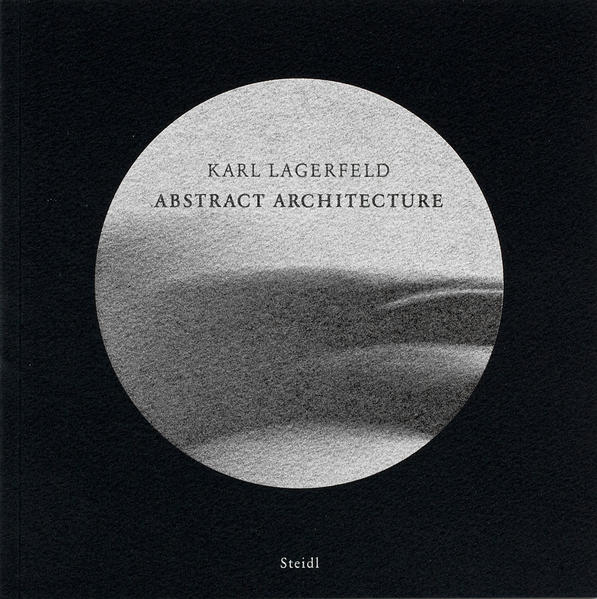
Zustellung: Fr, 27.12. - Mo, 30.12.
Sofort lieferbar
VersandkostenfreiBestellen & in Filiale abholen:
This book is a sleek addition to Karl Lagerfeld's ongoing photographic exploration of architecture, as seen in such Steidl publications as Factory Constructivism, Ein deutsches Haus and Konkret Abstrakt Gesehen. In Abstract Architecture Lagerfeld presents black-and-white photographs of buildings by architects such as Zaha Hadid and Tadao Ando. In a novel approach to book-making, Lagerfeld transforms his original prints into an elegant wordless story. By starkly enlarging, rotating and cropping images of architectural elements such as windows, structural beams and even unassembled concrete slabs, he reduces architecture to a series of curves, lines and planes that are seemingly divorced from the buildings of which they form part. (The cover image for example, a gestural sweep of black across gold, is actually a detail of a woman standing against a façade.) Abstract Architecture undoes our preconceptions of what architecture is, by showing that the built environments in which we work and play are a starting point for aesthetic discovery. Lagerfeld leaves us with a simple but important lesson: the harder we look, the more we see.
Produktdetails
Erscheinungsdatum
15. Juli 2008
Sprache
deutsch
Auflage
1., Aufl.
Seitenanzahl
96
Autor/Autorin
Karl Lagerfeld
Verlag/Hersteller
Produktart
kartoniert
Gewicht
377 g
Größe (L/B/H)
200/200/15 mm
ISBN
9783865218032
Entdecken Sie mehr
Bewertungen
0 Bewertungen
Es wurden noch keine Bewertungen abgegeben. Schreiben Sie die erste Bewertung zu "Abstract Architecture" und helfen Sie damit anderen bei der Kaufentscheidung.









